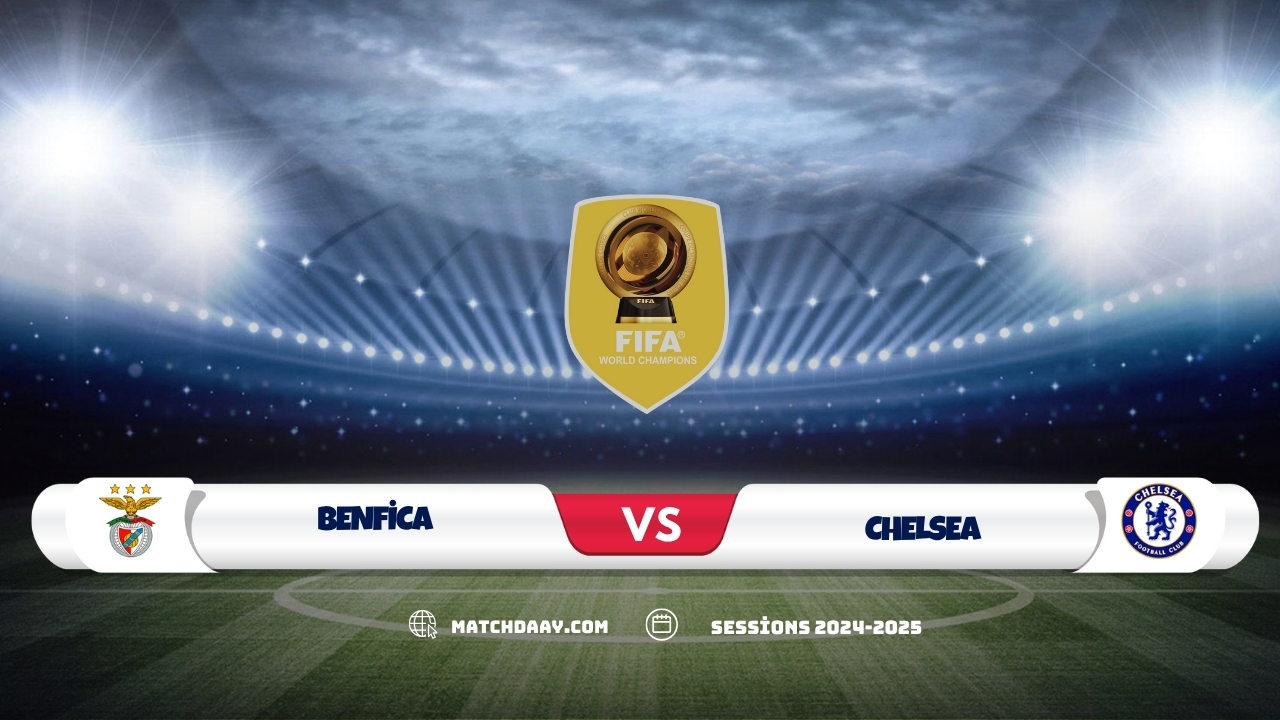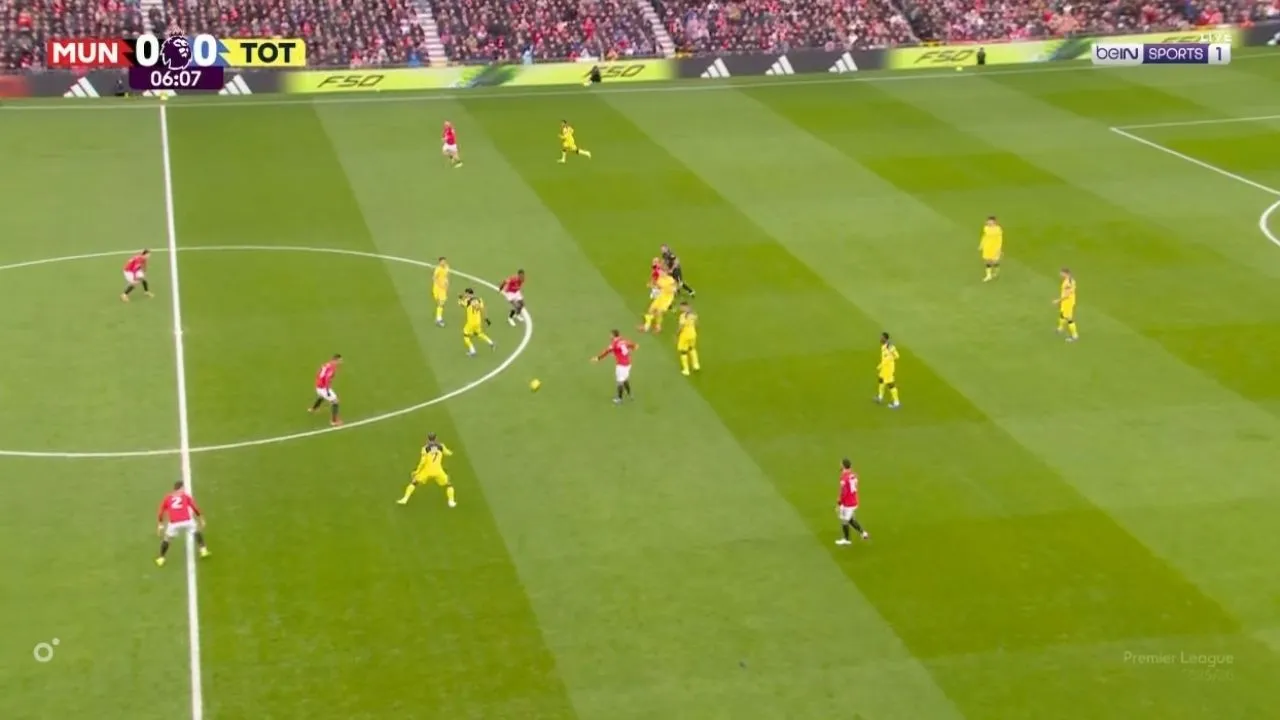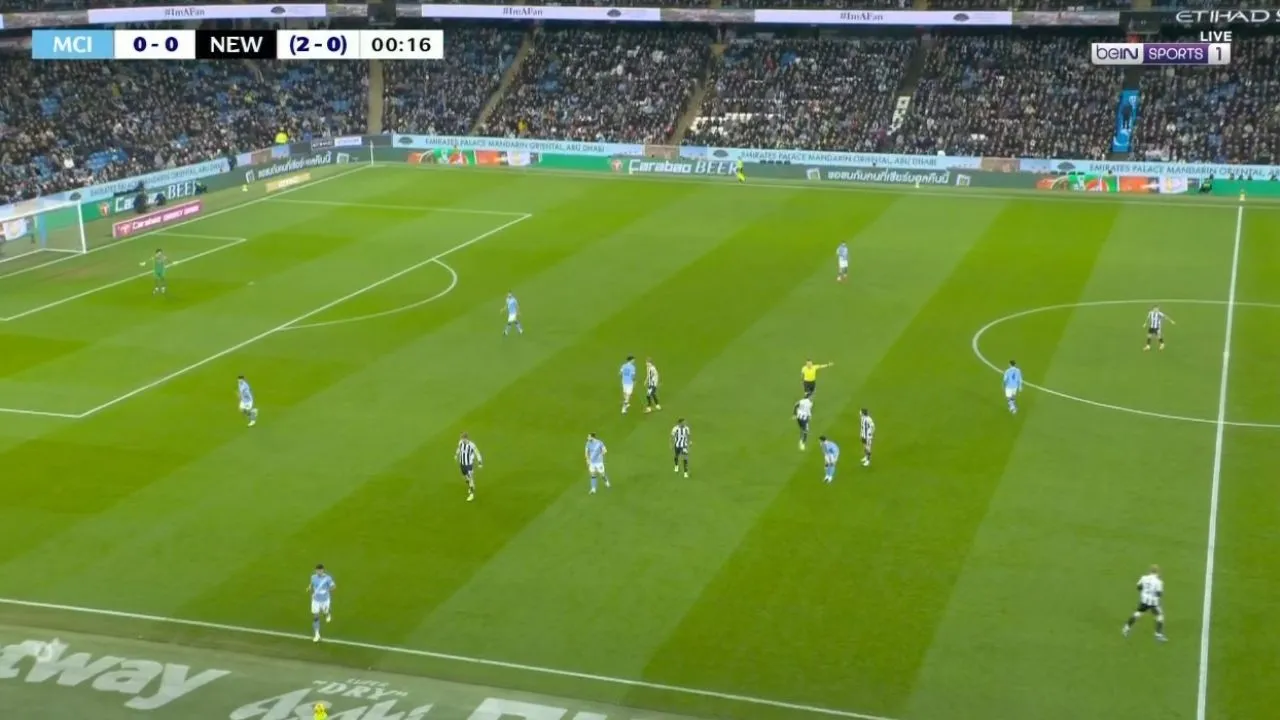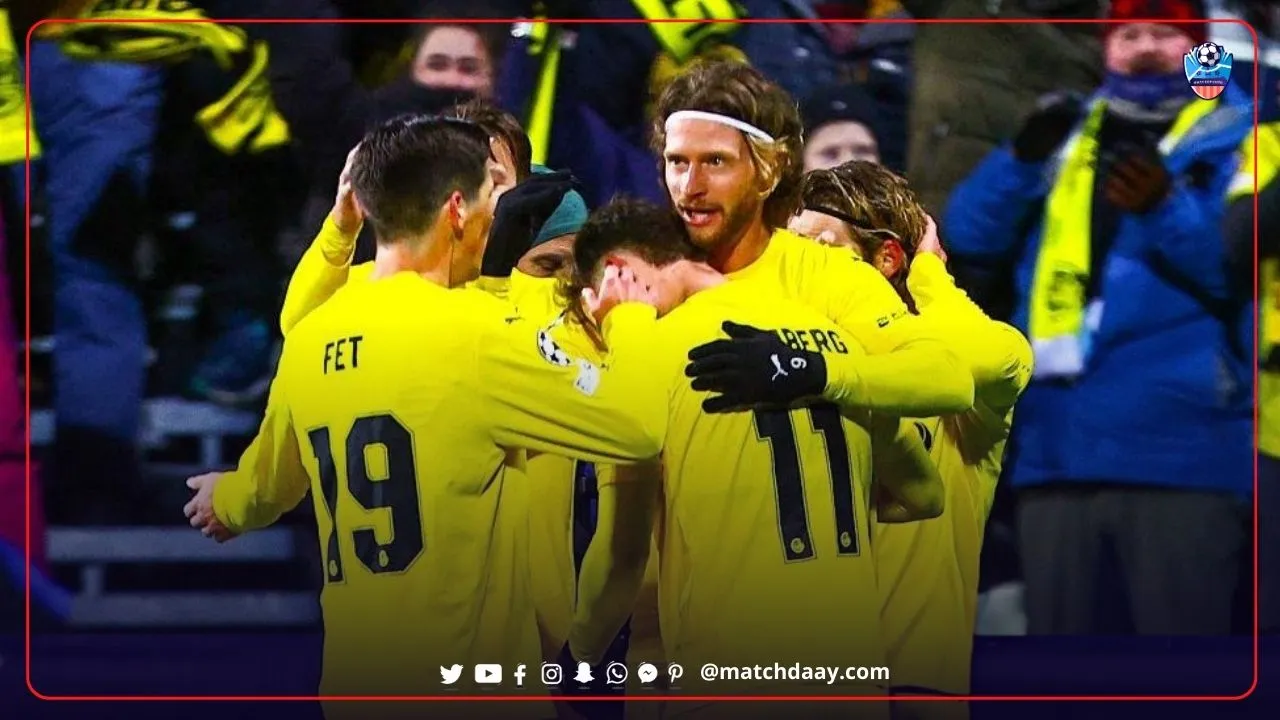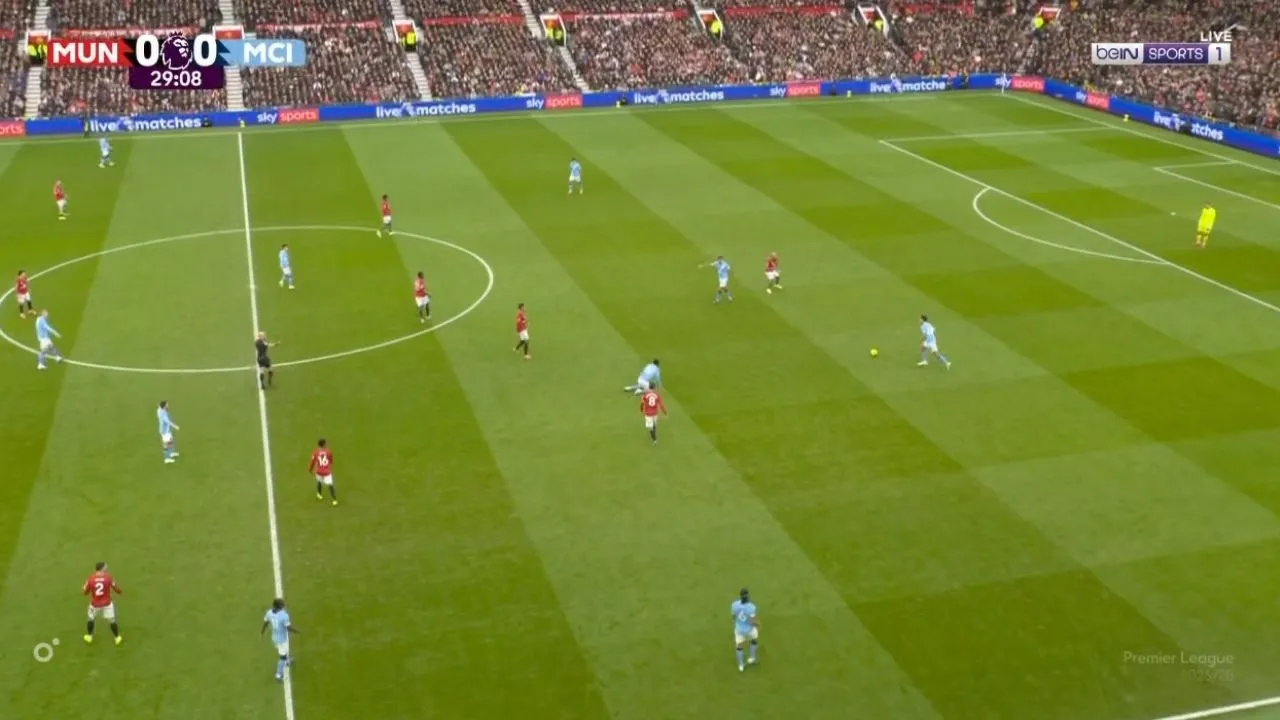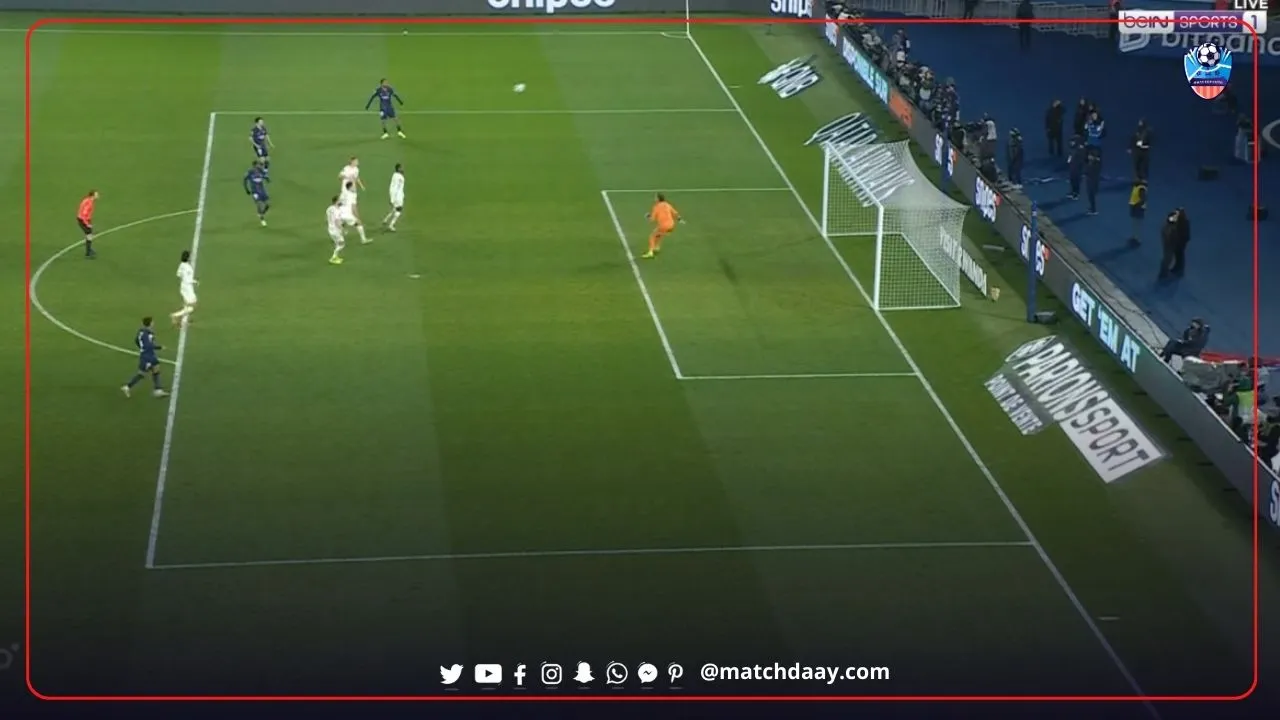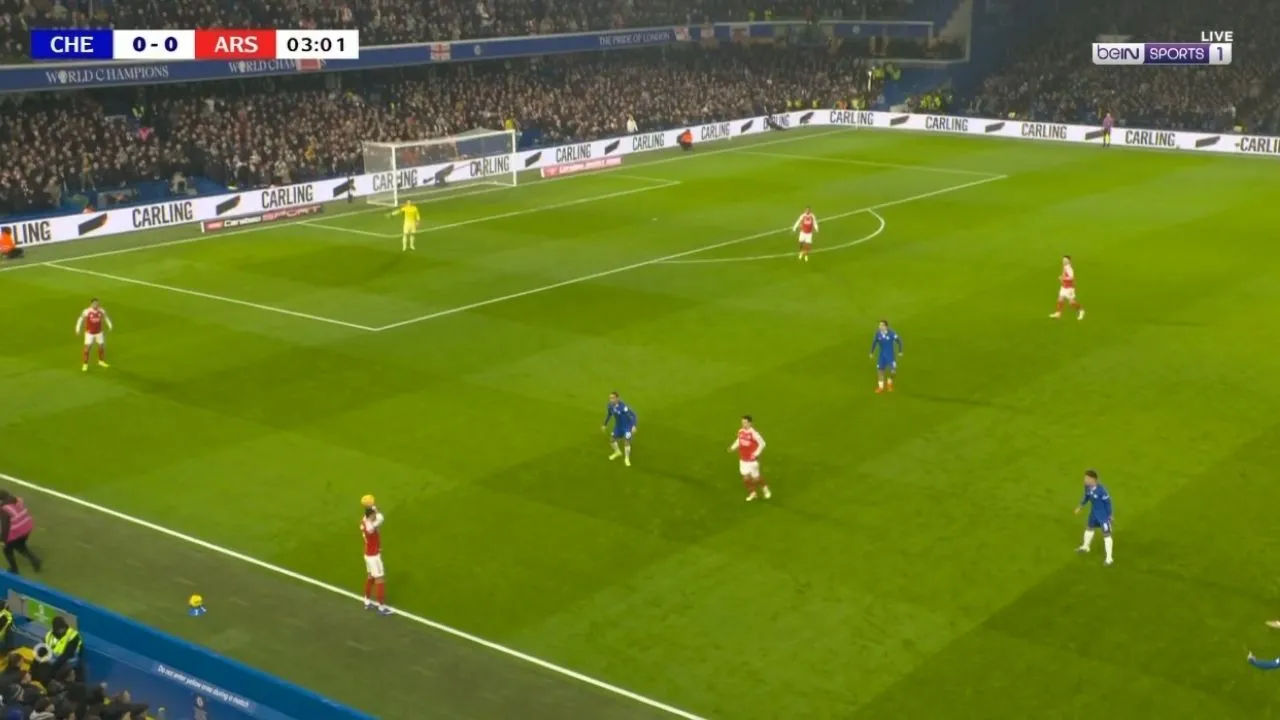 FIFA Club World Cup
FIFA Club World Cup Benfica
Benfica Chelsea
Chelsea- Info
- Lineups
- Stats
- Events
- Standings
| Date | June 28, 2025 |
|---|---|
| Time | 21:00 |
| League | FIFA Club World Cup |
| Status | AET |
Group D
| # | Team | P | W | D | L | Pts |
|---|---|---|---|---|---|---|
| 1 |
 Flamengo
Flamengo | 3 | 2 | 1 | 0 | 7 |
| 2 |
 Chelsea
Chelsea | 3 | 2 | 0 | 1 | 6 |
| 3 |
 ES Tunis
ES Tunis | 3 | 1 | 0 | 2 | 3 |
| 4 |
 Los Angeles FC
Los Angeles FC | 3 | 0 | 1 | 2 | 1 |
Group G
| # | Team | P | W | D | L | Pts |
|---|---|---|---|---|---|---|
| 1 |
 Manchester City
Manchester City | 3 | 3 | 0 | 0 | 9 |
| 2 |
 Juventus
Juventus | 3 | 2 | 0 | 1 | 6 |
| 3 |
 Al Ain
Al Ain | 3 | 1 | 0 | 2 | 3 |
| 4 |
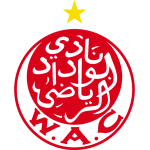 Wydad AC
Wydad AC | 3 | 0 | 0 | 3 | 0 |
Group B
| # | Team | P | W | D | L | Pts |
|---|---|---|---|---|---|---|
| 1 |
 Paris Saint Germain
Paris Saint Germain | 3 | 2 | 0 | 1 | 6 |
| 2 |
 Botafogo
Botafogo | 3 | 2 | 0 | 1 | 6 |
| 3 |
 Atletico Madrid
Atletico Madrid | 3 | 2 | 0 | 1 | 6 |
| 4 |
 Seattle Sounders
Seattle Sounders | 3 | 0 | 0 | 3 | 0 |
Group A
| # | Team | P | W | D | L | Pts |
|---|---|---|---|---|---|---|
| 1 |
 Palmeiras
Palmeiras | 3 | 1 | 2 | 0 | 5 |
| 2 |
 Inter Miami
Inter Miami | 3 | 1 | 2 | 0 | 5 |
| 3 |
 FC Porto
FC Porto | 3 | 0 | 2 | 1 | 2 |
| 4 |
 Al Ahly
Al Ahly | 3 | 0 | 2 | 1 | 2 |
Group F
| # | Team | P | W | D | L | Pts |
|---|---|---|---|---|---|---|
| 1 |
 Borussia Dortmund
Borussia Dortmund | 3 | 2 | 1 | 0 | 7 |
| 2 |
 Fluminense
Fluminense | 3 | 1 | 2 | 0 | 5 |
| 3 |
 Mamelodi Sundowns
Mamelodi Sundowns | 3 | 1 | 1 | 1 | 4 |
| 4 |
 Ulsan Hyundai FC
Ulsan Hyundai FC | 3 | 0 | 0 | 3 | 0 |
Group C
| # | Team | P | W | D | L | Pts |
|---|---|---|---|---|---|---|
| 1 |
 Benfica
Benfica | 3 | 2 | 1 | 0 | 7 |
| 2 |
 Bayern München
Bayern München | 3 | 2 | 0 | 1 | 6 |
| 3 |
 Boca Juniors
Boca Juniors | 3 | 0 | 2 | 1 | 2 |
| 4 |
 Auckland City
Auckland City | 3 | 0 | 1 | 2 | 1 |
Group E
| # | Team | P | W | D | L | Pts |
|---|---|---|---|---|---|---|
| 1 |
 Inter
Inter | 3 | 2 | 1 | 0 | 7 |
| 2 |
 Monterrey
Monterrey | 3 | 1 | 2 | 0 | 5 |
| 3 |
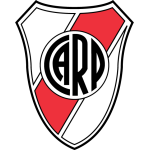 River Plate
River Plate | 3 | 1 | 1 | 1 | 4 |
| 4 |
 Urawa
Urawa | 3 | 0 | 0 | 3 | 0 |
Group H
| # | Team | P | W | D | L | Pts |
|---|---|---|---|---|---|---|
| 1 |
 Real Madrid
Real Madrid | 3 | 2 | 1 | 0 | 7 |
| 2 |
 Al-Hilal Saudi FC
Al-Hilal Saudi FC | 3 | 1 | 2 | 0 | 5 |
| 3 |
 Red Bull Salzburg
Red Bull Salzburg | 3 | 1 | 1 | 1 | 4 |
| 4 |
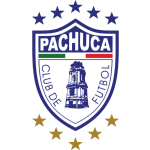 Pachuca
Pachuca | 3 | 0 | 0 | 3 | 0 |
I. Introduction: The Enduring Narrative of Benfica vs Chelsea
In the annals of European football, certain fixtures carry a weight beyond their frequency. The clashes between Portuguese titans Benfica vs Chelsea are prime examples. While not a decades-old rivalry, their encounters have consistently delivered drama, high stakes, and pivotal moments, particularly in the knockout stages of UEFA competitions. These are not merely matches; they are chapters in both clubs’ European sagas.
What makes this rivalry particularly striking is Chelsea’s historically dominant record: across all competitive meetings, the Blues maintain a perfect winning streak against Benfica. This unblemished record adds an intriguing layer to every new fixture, including their upcoming showdown in the FIFA Club World Cup 2025. This consistent historical outcome creates a significant psychological dynamic. For Chelsea, this perfect record can instill a profound sense of confidence and superiority, potentially leading to a more assertive approach on the pitch. Conversely, for Benfica, it presents a considerable mental hurdle, a feeling of needing to overcome a historical jinx. This psychological burden could subtly influence player performance and tactical decisions, making each encounter not just a test of skill but also of mental fortitude. This narrative of a dominant Chelsea versus a determined Benfica, seeking to break a long-standing pattern, is highly engaging for fans and media alike, elevating the fixture’s appeal and historical significance.
🏆 The Round of 16 fixtures of the 2025 Club World Cup are set! 🔥
— Match Spoots (@matchspoots) June 27, 2025
Get ready for thrilling clashes in the most exciting edition yet!#CWC2025 #ClubWorldCup #RoundOf16 #Football pic.twitter.com/4ZtNJHOEFD
II. Head-to-Head: Chelsea’s Unblemished Record Against Benfica
The historical ledger between Benfica and Chelsea paints a clear picture of Chelsea’s dominance. Across their competitive encounters, the Blues have emerged victorious on every occasion. According to multiple sources, Chelsea boasts a perfect record of 3 wins, 0 draws, and 0 losses against Benfica in official matches. Some sources even list a friendly match from 2005, which Chelsea also won. This statistical anomaly underscores the challenge Benfica faces whenever these two European stalwarts meet.
The competitive history is concise yet telling, with each encounter occurring in high-stakes knockout rounds:
| Date | Competition | Stage | Home Team | Away Team | Score | Winner |
| May 15, 2013 | UEFA Europa League | Final | Benfica | Chelsea | 1–2 | Chelsea |
| April 4, 2012 | UEFA Champions League | Quarter-Final Second Leg | Chelsea | Benfica | 2–1 | Chelsea |
| March 27, 2012 | UEFA Champions League | Quarter-Final First Leg | Benfica | Chelsea | 0–1 | Chelsea |
This consistent outcome, particularly in critical knockout ties, has cemented Chelsea’s psychological edge in this fixture. The fact that all competitive matches between these two clubs have been knockout ties – a Champions League quarter-final and a Europa League final – adds considerable weight to Chelsea’s perfect record. Winning these high-pressure games, often by narrow margins such as 1-0 or 2-1, demonstrates a remarkable mental fortitude and a consistent ability to perform under the most intense European spotlight. This suggests that Chelsea, in these specific encounters, has not only been the superior side but also possessed a crucial “clutch” quality when it mattered most. This consistent performance in make-or-break situations deepens the historical narrative, setting a formidable precedent for Benfica in any future knockout encounters.
III. The 2012 Champions League Quarter-Finals: A Stepping Stone to Glory
The 2011-12 season was one of the most remarkable in Chelsea’s history, marked by significant domestic struggles and a dramatic European turnaround. Under the interim management of Roberto Di Matteo, who took over in March 2012 following André Villas-Boas’s departure , Chelsea found themselves languishing in the Premier League, eventually finishing a disappointing sixth. This meant their only realistic path to Champions League qualification for the following season, and indeed major silverware, was to win the competition itself. The Champions League became a do-or-die mission, imbuing every knockout tie with immense pressure and significance.
The first leg, played in Lisbon on March 27, 2012, saw Chelsea secure a vital 1-0 away victory. Roberto Di Matteo, mindful of the packed schedule and upcoming league fixtures, made the bold decision to rest several veteran players. This tactical gamble paid off, as Salomon Kalou broke the deadlock in the 75th minute, converting an assist from Fernando Torres. The match itself was a cagey affair, with both teams largely neutralizing each other in midfield, resulting in a low number of shots on target. This narrow win provided Chelsea with a crucial away goal and a slender lead to defend at Stamford Bridge. Di Matteo’s choice to rotate his squad, particularly resting key players in such a high-stakes European fixture, was a calculated risk. However, this decision, which ultimately “paid dividends” , likely played a crucial role in preserving the squad’s overall fitness and readiness for the grueling subsequent Champions League ties against formidable opponents like Barcelona and Bayern Munich. The ability to manage player workload through strategic rotation was paramount for a team competing across multiple fronts at a critical juncture of the season. This foresight by Di Matteo, which also saw players like Fernando Torres deliver strong performances , directly contributed to Chelsea’s ability to sustain their deep run in the competition. This approach highlights Di Matteo’s pragmatic and effective management, a cornerstone of their unprecedented European success despite his interim status.
The second leg on April 4, 2012, at Stamford Bridge, was a more open contest. Chelsea extended their lead through a Frank Lampard penalty in the 21st minute. However, Benfica, despite going down to ten men after Maxi Pereira’s red card in the 40th minute , showed immense resilience. They pulled a goal back through Javi García in the 85th minute, setting up a tense finale. Ultimately, Raul Meireles sealed Chelsea’s 2-1 victory (3-1 on aggregate) with a goal in the 92nd minute , sending the Blues into the Champions League semi-finals.
The victory over Benfica was more than just a quarter-final win; it was a pivotal moment in Chelsea’s improbable journey to their first-ever Champions League title. It demonstrated the team’s newfound resilience under Di Matteo. This tie, along with their subsequent dramatic wins against Barcelona and Bayern Munich, underscored a season defined by “late drama and last-gasp heroics”. The Benfica tie proved Chelsea’s ability to navigate tricky European knockout fixtures, laying the groundwork for their ultimate triumph in Munich.
IV. The 2013 Europa League Final: Triumph and Heartbreak in Amsterdam
The 2012-13 season saw Chelsea embark on a unique European journey. As the reigning UEFA Champions League title holders, they found themselves in the unprecedented position of dropping into the Europa League after failing to advance from their Champions League group. This made them the first-ever Champions League winner to compete in the Europa League the following season , adding an unusual layer of expectation and pressure to their campaign under interim manager Rafa Benítez.
For Benfica, the 2012-13 season culminated in what is now famously known as their ’15 Days of Tragedy’ or ‘Annus Horribilis’. Under manager Jorge Jesus, Benfica were on the cusp of a historic treble, competing for the Primeira Liga title, the Europa League, and the Taça de Portugal. However, in a cruel twist of fate, they agonizingly lost all three. The Europa League final against Chelsea was sandwiched between a last-minute league title defeat to Porto and a Taça de Portugal final loss to Vitória de Guimarães. This context highlights the immense pressure and emotional burden Benfica carried into the Amsterdam final, making their eventual defeat even more heartbreaking. The stark contrast between Chelsea’s triumph and Benfica’s “treble heartbreak” in this final is a defining aspect of this encounter. For Chelsea, the victory symbolized their emerging “clutch” mentality in Europe, building on their unexpected Champions League success. For Benfica, it epitomized a season of agonizing near-misses and reinforced a perceived “curse” in European finals. This match was not merely a final; it was the culmination of vastly different seasonal trajectories, showcasing Chelsea’s ability to seize opportunities and Benfica’s struggle to convert dominance into silverware at critical junctures. This dynamic cements Chelsea’s historical narrative as a club capable of rising to the European occasion, even amidst domestic inconsistency, while adding a layer of tragic heroism to Benfica’s story.
The Europa League Final on May 15, 2013, in Amsterdam, was a captivating and dramatic affair. Benfica, despite “outplaying Chelsea for large swathes of the game” and demonstrating “quick, intricate passing,” were let down by “poor finishing” in the first half. Chelsea, under Rafa Benítez, then took the lead in the 60th minute through Fernando Torres, who displayed great strength to hold off Luisão and round Artur. Benfica quickly responded, with Óscar Cardozo converting a penalty in the 69th minute after César Azpilicueta’s handball. The game remained finely balanced, with Frank Lampard notably striking the crossbar for Chelsea. However, the decisive moment arrived in the 93rd minute: Branislav Ivanović, rising above the Benfica defense from a Ramires corner, headed home a dramatic winner, securing the trophy for Chelsea. The immediate aftermath saw another Benfica chance almost equalize, but Chelsea held on.
The final was also a fascinating tactical battle between two astute managers: Rafa Benítez for Chelsea and Jorge Jesus for Benfica. Benítez, known for his “balanced approach” and preference for a 4-2-3-1 formation, often prioritizes “wide play, classic wingers, and deep full-backs”. He emphasized resilience and character, especially after dropping from the Champions League. Jorge Jesus, on the other hand, favored an “intense, attacking game built on a collective approach,” typically using a 4-4-2 or 4-diamond-2, while also experimenting with a 4-2-3-1. Benfica’s “quick, intricate passing” and ability to create overloads were evident, but Chelsea’s “direct goals” and defensive solidity ultimately proved decisive.
The victory in Amsterdam secured a unique place in football history for Chelsea. They became the first club ever to hold both the UEFA Champions League and UEFA Europa League titles concurrently. Furthermore, this triumph meant Chelsea joined an elite group as only the fourth club, and the first from England, to have won all three major UEFA club competitions – the European Cup/Champions League, the Cup Winners’ Cup, and the UEFA Cup/Europa League. This remarkable achievement underscored a period of unprecedented European success for the London club. The historical context of player transfers between these two clubs also adds a layer of strategic depth to their rivalry. David Luiz’s move from Benfica to Chelsea in January 2011 for €25 million was a significant acquisition for the Blues. As part of that deal, Nemanja Matic, then a young player, moved to Benfica as a “makeweight”. This initial transfer illustrates how clubs leverage player valuations in complex deals. Matic’s subsequent development at Benfica, where he gained Champions League experience and was named Portuguese Player of the Year, led Chelsea to re-sign him in 2014 for a substantial €25 million. This re-acquisition highlights Benfica’s strength in player development and Chelsea’s willingness to rectify past transfer misjudgments for strategic gain, acquiring a “fantastic all-round midfielder” for a new era. These transfers demonstrate the interconnectedness of the European football market and how player growth at one club can directly benefit another, even years later.
V. Current Form and the FIFA Club World Cup 2025 Showdown
As of late June 2025, both Benfica and Chelsea are preparing for their FIFA Club World Cup clash with mixed but generally positive recent form.
Benfica & Chelsea: Recent Form (Last 5 Competitive Matches)
| Date | Team | Opponent | Competition | Result | Score |
| 24/6/25 | Benfica | Bayern Munich | Club World Cup | Win | 1–0 |
| 20/6/25 | Benfica | Auckland City | Club World Cup | Win | 6–0 |
| 16/6/25 | Benfica | Boca Juniors | Club World Cup | Draw | 2–2 |
| 25/5/25 | Benfica | Sporting CP | Primera Liga | Loss | 1–3 |
| 17/5/25 | Benfica | Braga | Primera Liga | Draw | 1–1 |
| 25/6/25 | Chelsea | ES Tunis | Club World Cup | Win | 3–0 |
| 20/6/25 | Chelsea | Flamengo | Club World Cup | Loss | 1–3 |
| 16/6/25 | Chelsea | LAFC | Club World Cup | Win | 2–0 |
| 28/5/25 | Chelsea | Real Betis | Europa Conf. League | Win | 4–1 |
| 25/5/25 | Chelsea | Nottingham Forest | Premier League | Win | 1–0 |
Benfica’s last five competitive matches include impressive wins over Bayern Munich (1-0) and Auckland City (6-0), alongside draws with Boca Juniors (2-2) and Braga (1-1), and a loss to Sporting CP (1-3). Chelsea’s recent run features wins against Esperance Tunis (3-0), LAFC (2-0), Real Betis (4-1), and Nottingham Forest (1-0), but also a notable loss to Flamengo (1-3). These results indicate both teams are capable of strong performances but also have areas where they can be exploited.
Their next encounter is set to take place in the FIFA Club World Cup 2025, a prestigious tournament that brings together continental champions. Chelsea secured their spot in the last 16 by finishing runners-up in Group D, while Benfica surprisingly topped Group C, notably defeating Bayern Munich. This sets up a compelling quarter-final clash, with the winner advancing to face either Palmeiras or Botafogo.
According to DraftKings Sportsbook as of June 27, 2025, Chelsea are favored to win with odds of +110, while Benfica are at +260 and a draw at +245. This aligns with early predictions that suggest a “repeat of the 2012-13 Europa League final might end in the same scoreline and outcome,” favoring the Blues due to their “superior squad, both in terms of depth and individual quality”. The context of this match being part of the FIFA Club World Cup, coupled with Chelsea manager Enzo Maresca’s stated philosophy of taking it “game by game” and not looking ahead to the final or the Premier League season , reveals a significant aspect of Chelsea’s current approach. Maresca’s pragmatic stance suggests a disciplined focus on the immediate challenge posed by Benfica, aiming to prevent complacency and manage player workload effectively, especially given the “sweltering conditions”. This disciplined mindset, prioritizing the immediate opponent over broader tournament or seasonal goals, can lead to a highly concentrated performance from Chelsea, minimizing potential distractions. It also indicates that Chelsea is treating this international competition with the seriousness required to succeed, despite it being a pre-season event for their domestic league. This focused approach could be a key factor in their ability to leverage their perceived squad superiority and potentially extend their winning streak against Benfica.
VI. Key Players and Tactical Battles: The Modern Era
The upcoming clash will feature a fascinating array of talent from both sides. For Chelsea, new signing Liam Delap is expected to lead the line due to Nicolas Jackson’s suspension, having already impressed with a goal and assist in the tournament. Cole Palmer remains a central figure, driving much of Chelsea’s positive play from the right. In midfield, Moisés Caicedo will be crucial defensively, alongside Enzo Fernández and Roméo Lavia, forming a strong central core. Benfica boasts a formidable attack with Vangelis Pavlidis, a Greek international who notched an impressive 30 goals and 13 assists last season, and has been linked with Chelsea previously. Defensively, the experienced Nicolás Otamendi, wearing the captain’s armband, provides a physical presence and leadership in the heart of Benfica’s defense. The midfield battle will be intense, featuring Benfica’s Orkun Kökçü, who also hit double figures in goals and assists, against Chelsea’s strong contingent. Benfica’s midfield depth also includes Florentino, Fredrik Aursnes, Leandro Barreiro, and a resurgent Renato Sanches. On the left flank, Álvaro Carreras, an in-demand left-back, will be a player to watch.
Chelsea’s Enzo Maresca has indicated a pragmatic approach, focusing “game by game” and likely implementing “further rotation” to manage player workload in the “sweltering conditions”. His side’s comfortable 3-0 victory over Esperance Tunis showcased their ability to secure wins efficiently. Benfica, described as a “top club with a top manager and first-class players” , demonstrated their prowess by surprisingly beating Bayern Munich. This suggests they will not be an easy opponent, capable of causing an upset and challenging Chelsea’s historical dominance.
Several individual duels are poised to shape the outcome of this match, each reflecting a tactical blueprint for how the game might unfold. On Chelsea’s right flank, Cole Palmer’s creative influence will be tested against Benfica’s in-demand left-back, Álvaro Carreras. This matchup highlights Chelsea’s reliance on Palmer to generate offensive opportunities and Benfica’s defensive strength on that wing, suggesting a key area for attacking and defensive focus. Upfront, Liam Delap’s physicality will meet its match in Benfica’s veteran captain, Nicolás Otamendi, a duel that could extend beyond open play into set-piece situations given Otamendi’s threat in the box. This battle points to a potentially direct attacking approach from Chelsea, leveraging Delap’s strength against an experienced, robust defender. In defense, Chelsea’s Levi Colwill faces a stern test against the prolific Vangelis Pavlidis, requiring “discipline” to contain the Greek international’s “all-round threat”. This indicates Benfica’s primary attacking outlet and Chelsea’s critical defensive assignment to neutralize it. Finally, the midfield battle between Chelsea’s Moisés Caicedo, a defensive specialist, and Benfica’s Orkun Kökçü, known for his offensive output, will be pivotal. Caicedo’s role will be crucial in nullifying Kökçü’s goal and assist threat, as the midfield is identified as the “heart of the pitch” where the game could be decided. Analyzing these specific matchups allows for a deeper understanding of potential game flow and areas of dominance, moving beyond simple predictions to explain the underlying tactical reasons for a certain outcome.
VII. Conclusion: A Rivalry’s Next Chapter
The historical encounters between Benfica and Chelsea have consistently provided compelling narratives, from Chelsea’s unlikely Champions League triumph in 2012, where Benfica was a significant hurdle , to the dramatic Europa League final of 2013, which saw Chelsea achieve a unique UEFA treble while simultaneously inflicting “treble heartbreak” on Benfica. Chelsea’s unblemished competitive record against the Portuguese giants remains a defining characteristic of this rivalry.
As they prepare to face off in the FIFA Club World Cup 2025, the stage is set for another chapter. The Club World Cup, often played in demanding conditions, serves as a significant test of a team’s overall squad depth and adaptability. Chelsea’s manager, Enzo Maresca, has already indicated a need for “further rotation” due to “sweltering conditions” , highlighting the importance of a deep roster. In this context, Chelsea’s “superior squad, both in terms of depth and individual quality” becomes a considerable advantage. This suggests that their substantial investment in a large, talented squad is designed not just for domestic league success but also for navigating demanding multi-competition schedules and adapting to diverse environments. Benfica’s ability to compete effectively will depend on their own squad depth and how well their key players can manage the physical and mental demands of the tournament. This dynamic underscores a modern trend in top-tier football where clubs build extensive squads to mitigate injury risks and fatigue across multiple fronts. The Club World Cup, while prestigious, therefore also functions as a high-profile examination of a club’s overall organizational and squad management capabilities, extending beyond the performance of just the starting eleven.
Will Benfica, buoyed by their recent form and the desire to reverse history, finally secure a competitive victory against the Blues? Or will Chelsea, with their “superior squad” and “game by game” focus , extend their perfect record and further solidify their global reputation? Regardless of the outcome, the Benfica vs Chelsea fixture continues to be a fascinating study in European football, blending historical narratives with the ever-evolving dynamics of modern tactics and talent.
